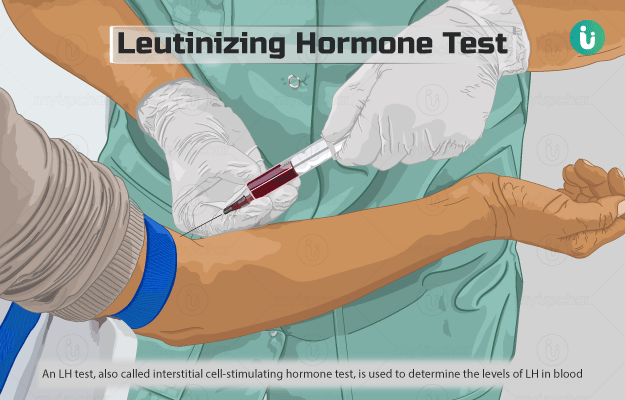What is a Luteinizing Hormone (LH) test?
An LH test, also called interstitial cell-stimulating hormone test, is used to determine the levels of LH in blood. LH is a reproductive hormone produced by pituitary gland, a pea-sized gland in brain. It plays a vital role in sexual development, especially the development of ovarian follicles in females and Leydig cells in male.
LH levels are high in infants at birth but it gradually reduces until puberty (usually 10-14 years of age). Once puberty approaches, LH along with follicle-stimulating hormone (FSH) aids in the production of testosterone in boys and oestrogen in girls.
In women, LH is released from the brain and stimulates ovaries to release a matured egg during the ovulation phase of the menstrual cycle. In men, testosterone production due to LH is responsible for sperm production. Since LH is associated with ovulation in women and sperm production in men, an LH test can help identify fertility problems. Also, this test can help detect a disorder of the pituitary gland.
































